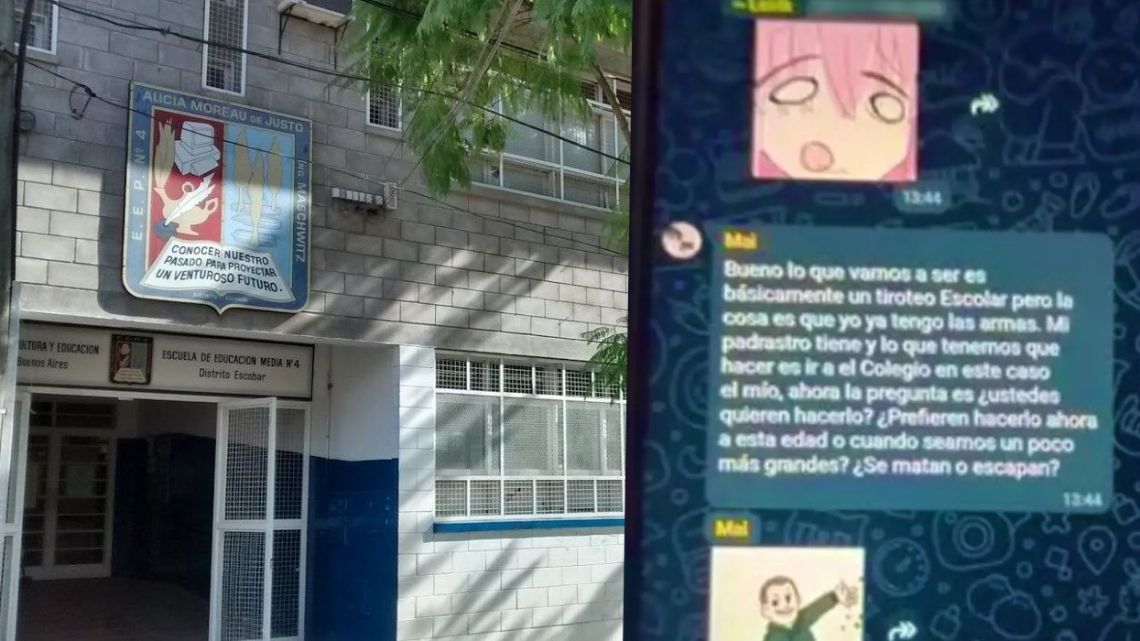Brazil’s Ibovespa climbed 0.68% to 131,147 points on April 1, 2025, buoyed by commodity giants Petrobras and Vale despite looming U.S. tariffs. The Brazilian real strengthened 0.4% against the dollar, settling at R$5.68, as investors bet on export resilience.
Market data and analyst reports reveal a day shaped by conflicting forces: rising raw material demand collided with global trade uncertainty ahead of expected U.S. import levies.
Petrobras shares rose 1.22% even after cutting refinery diesel prices by 4.6%, a move analysts deemed strategically balanced to retain market share.
Vale gained 1.94% as iron ore prices jumped 1.86% in China, supported by a $1 billion joint venture with Global Infrastructure Partners in renewable energy. Retailer Assaí led gains at 5.2%, while Natura slid 3.1% on margin concerns.
U.S. markets hesitated ahead of proposed 20% tariffs targeting multiple sectors, set for April 2. The Dow Jones dipped 0.03%, while the Nasdaq rose 0.87% on tech resilience.
 Brazilian Market Defies Trade Tensions as Commodities Lift Ibovespa to 131,147 Points. (Photo Internet reproduction)
Brazilian Market Defies Trade Tensions as Commodities Lift Ibovespa to 131,147 Points. (Photo Internet reproduction)Japan’s Nikkei gained 0.7% as a weaker yen aided exporters, and China’s Shanghai Composite added 0.9% after factory data signaled expansion. Brazil’s central bank held interest rates at 14.25%, reinforcing inflation control efforts.
Brazil’s Markets Navigate Global Risks
Traders noted R$16.2 billion in equity volume, nearly 50% above March’s average, signaling heightened institutional activity. The iShares MSCI Brazil ETF attracted R$400 million inflows, extending a R$3.2 billion first-quarter streak.
Petrobras avoided margin erosion by keeping diesel prices 1% above import parity, according to sector analysts. Vale’s renewable energy partnership drew praise for disciplined capital allocation.
Meanwhile, GPA shares fell 2.9% as investors cashed in on a 13% rally linked to corporate governance disputes. U.S. labor data showed 7.568 million job openings in February, slightly below forecasts, reflecting employer caution.
Brazil’s exemption of tariffs on essential food imports eased consumer price pressures, aiding retailers. Technical charts place the Ibovespa’s next resistance at 132,000, with momentum indicators suggesting room for cautious growth.
Global Infrastructure Partners’ bet on Brazilian energy underscored foreign confidence in the sector. Market makers warned tariffs could disrupt supply chains but noted Brazil’s commodity-driven economy remains partially insulated.
In addition, traders now await March inflation data and tariff details, with analysts urging vigilance over China’s industrial demand and U.S. policy ripple effects.
The day’s trading revealed a market hedging between global risks and domestic resource advantages. Commodities provided a shield, yet the real test begins as tariffs take effect and inflation trends clarify.

 By The Rio Times | Created at 2025-04-02 07:34:13 | Updated at 2025-04-04 18:45:23
2 days ago
By The Rio Times | Created at 2025-04-02 07:34:13 | Updated at 2025-04-04 18:45:23
2 days ago








